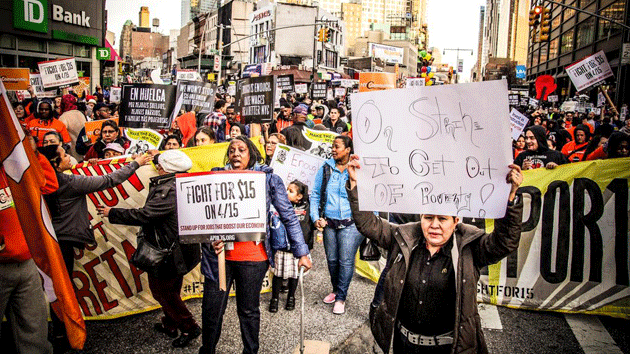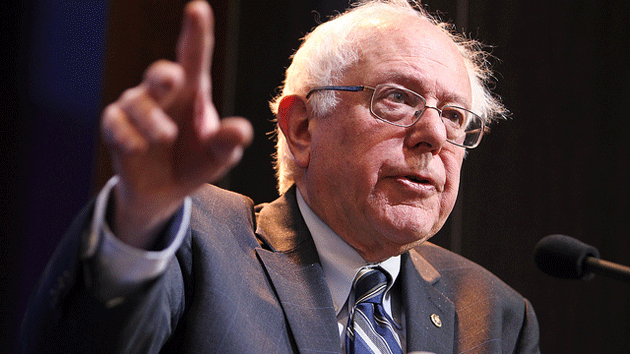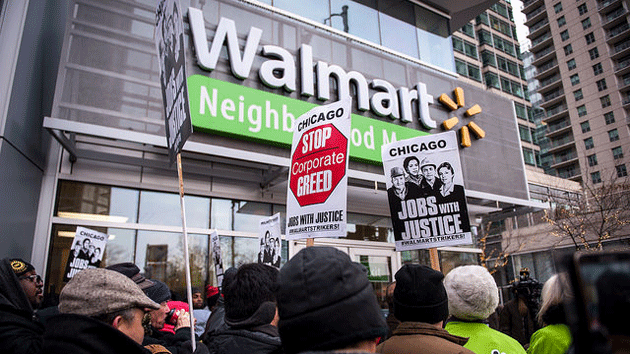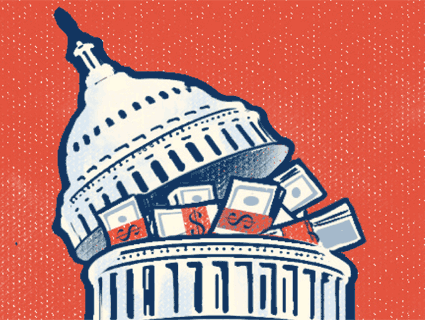
Fast-food cooks and cashiers demanding a $15 minimum wage walked off the job in 236 cities yesterday in what organizers called the largest mobilization of low-wage workers ever. The tax-day protest, known as Fight 4/15 (or #Fightfor15 on Twitter), caused some backlash on the Right:
So, in demanding ridiculous wages for jobs that require no skill, #FightFor15 has ensured more people remain unemployed. Retards.
— Stevie J. West (@StevieJWest) April 15, 2015
#FightFor15 in which @TheDemocrats talk poor people into going from unemployed to unemployable.
— Ben Crystal (@Bennettruth) April 15,
Conservatives have long portrayed minimum-wage increases as a harbingers of economic doom, but their fears simply haven’t played out. San Francisco, Santa Fe, and Washington, DC, were among the first major cities to raise their minimum wages to substantially above state and national averages. The Center for Economic and Policy Research found that the increases had little effect on employment rates in traditionally low-wage sectors of their economies:
Economists with the Institute for Research on Labor and Employment at the University of California-Berkeley have found similar results in studies of the six other cities that have raised their minimum wages in the past decade, and in the 21 states with higher base pay than the federal minimum. Businesses, they found, absorbed the costs through lower job turnover, small price increases, and higher productivity.
Obviously, there’s a limit to how high you can raise the minimum wage without harming the economy, but evidence suggests we’re nowhere close to that tipping point. The ratio between the United States’ minimum wage and its median wage has been slipping for years—it’s now far lower than in the rest of the developed world. Even after San Francisco increases its minimum wage to $15 next year, it will still amount to just 46 percent of the median wage, putting the city well within the normal historical range.
The bigger threat to the economy may come from not raising the minimum wage. Even Wall Street analysts agree that our ever-widening income inequality threatens to dampen economic growth. And according to a new study by the UC-Berkeley Labor Center, it’s the taxpayers who ultimately pick up the tab for low wages, because the federal government subsidizes the working poor through social-service programs to the tune of $153 billion a year.

















